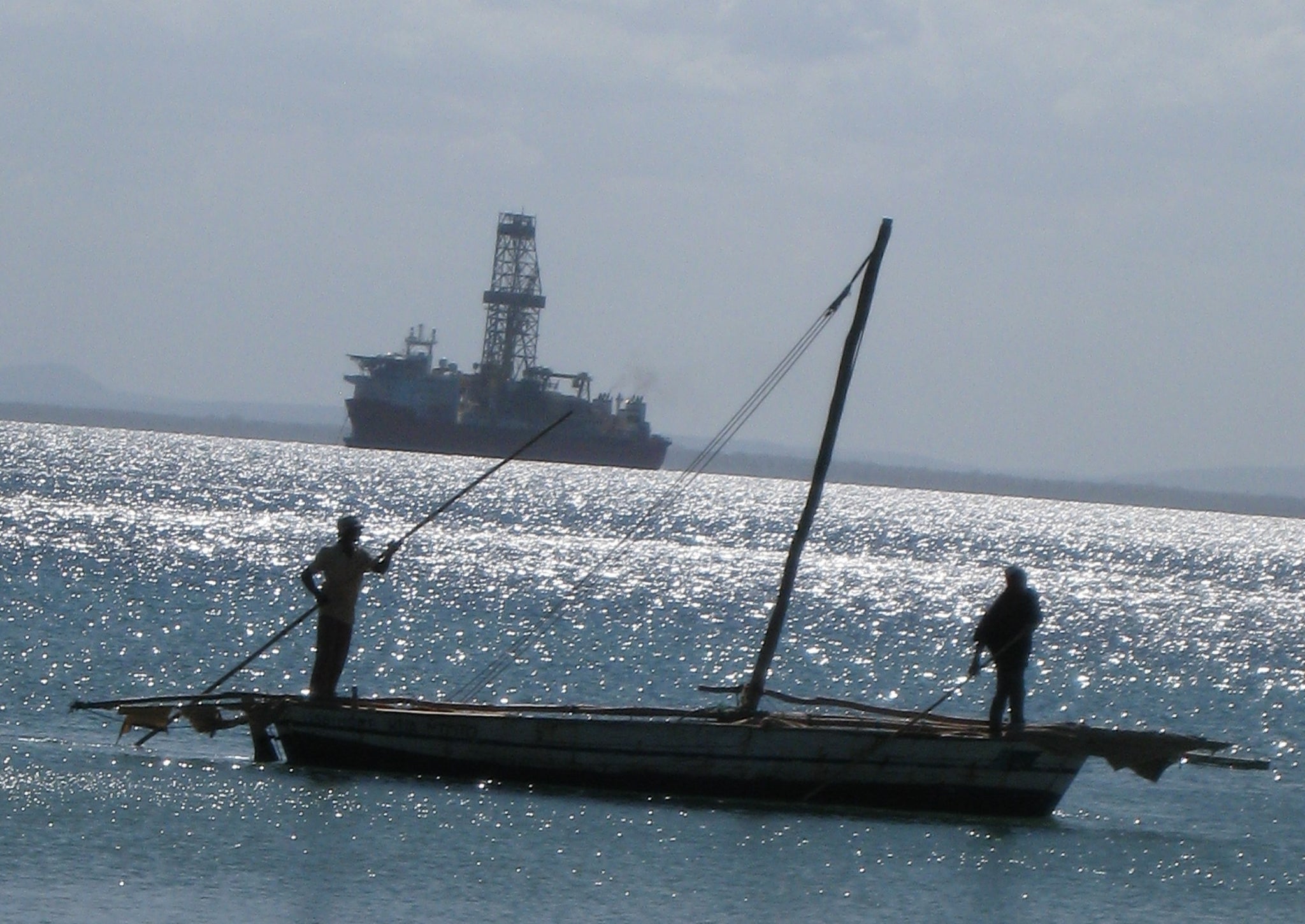A day out at Pemba Bay, Mozambique
Due to weak laws and severe poverty, buying ivory is too easy in Mozambique, says conservationist Sophie Scott Beissel.

Buying ivory is too easy in Mozambique, especially at ports like Pemba. At the beach front of the coastal town, two worlds coexist: locals live in mud houses built on rubbish heaps whilst tourists stay in the large five-star Pemba Beach Hotel. This town, which lies within a region of severe poverty, has been the recent site of a huge off-shore gas discovery. The divide is set to grow even deeper as billions of dollars are being ploughed into the area.
At Wimbe beach, a tourist hub along the coast, in the open sided bamboo shop that sells all sorts of shells, necklaces and tourist trinkets, I saw a Chinese man sitting surrounded by five sellers who were frantically unpacking their rucksacks. The man was haggling for quantities of what looked like ivory artefacts. Then one seller produced two large carved tusks – ivory for sure.
I ran back to the car to grab my camera, and as I approached they hid the tusks until I played the dumb but rich tourist: “my husband wants to buy me something ivory for my birthday” I said. I was shown one of the tusks, carved into a procession of elephants – ironically. The 2-kg tusk was offered to me for the cut-down price of $200.
It was extraordinary to hold this tusk. As a conservationist, I couldn’t help but imagine the animal left lying on the forest floor with its face hacked open, only kilometres from where I work trying to safeguard elephants and their habitat. This is only the tip of the iceberg, this ivory is likely to be scraps; the majority is shipped to Asia from Pemba's internationally connected port.
I was left reflecting just how we continue to provide sustainable incentives to our local community, the Makua tribe, with whom we work to prevent poaching. Together we protect one of the world’s biodiversity hotspots, coastal forest, at Mareja reserve in north-eastern Mozambique. But when offered large quantities of ready cash for a dead elephant, we find even our most loyal workers turning to poaching, and seeking elephant tusks as if they were gold. Ivory can fetch as much as $800 (£500) per kilo. For local communities, this is a fortune.
Mozambique has very weak laws relating to elephant poaching and the illegal ivory trade, it is only considered an administrative offence and the fines are negligible. Trying to protect elephants is a dangerous and heart-breaking mission. Unless governments strengthen their laws and consumers stop buying ivory now, today, the trumpeting, intelligent, evolutionary giant, the African elephant, will soon be extinct at Mareja, and our planet severely diminished.
Sophie Scott Beissel is a conservationist and Interpretation Consultant, she works between Mareja Community Conservation Project in Northern Mozambique and UK.
Join our commenting forum
Join thought-provoking conversations, follow other Independent readers and see their replies
Comments
Bookmark popover
Removed from bookmarks